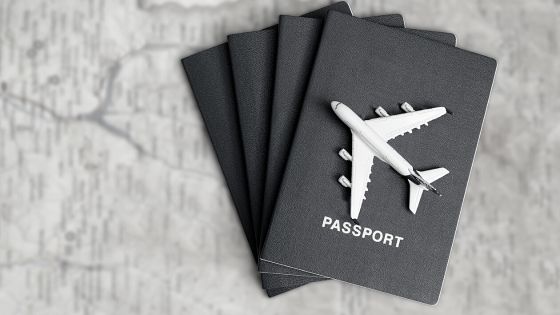So many initialisms!
TSS, STSOL, MLTSSL, GTES – honestly, it’s enough to do your head in. Welcome to the world of Australian visa jargon. ‘Startup Visa’ is a whole lot easier to get your brain around, but what is it, what’s it really called, where does it fit in, who can apply for one, and who can sponsor an applicant for one?

Who hasn’t heard of the 457 Visa?
Some years ago, businesses ranging from wine producers to tech companies described serious shortages of skilled workers to fill their many job vacancies. The 457 Visa was born for employers to sponsor skilled migrants.
In 2017 the Australian Government announced the imminent ending of the 457 program – an ending that became a reality in mid-2018.
But what, if anything, replaced it?
Searching the world stage
2018 saw the emergence of the Global Talent Scheme (GTS) visa categories – one stream aimed at established businesses, and one at startup companies, but both falling under the Temporary Skills Shortage (TSS) subclass 482 visa group.
Established businesses may access foreign workers in a short-term stream (up to 2 years) for occupations listed on the Short Terms Skilled Occupation List (STSOL), and medium-term (up to 4 years) for positions on the Medium and Long Term Strategic Skills List (MLTSSL).
Generally speaking, established businesses are in established industries, where job descriptions are already known and accepted. Therefore, such jobs are more mainstream and can be listed.
But what of startup companies in cutting-edge tech-based fields including STEM (science, technology, engineering and mathematics)? Such companies at the cutting edge of artificial intelligence (AI), augmented reality (AR), quantum computing, and other fields have job descriptors with the ink barely dry, let alone appearing on established lists.
What access do these companies have to foreign workers with cutting-edge skills?
The ‘Startup Visa’ stream
The Global Talent Employer Sponsored (GTES) program facilitates employers to sponsor foreign workers for highly skilled niche positions.
To be eligible, a startup company must first be assessed by the Startup Advisory Panel (SAP), an independent panel comprising 6 experts in the Australian startup ecosystem. SAP will determine whether the company meets the criteria as a genuine startup in the field, including:
- Access to GTES will support opportunities and skills transfer to Australians
- Labour market testing that justifies the application to fill the position from overseas
- Being in good standing with regulatory agencies
- Operating in a technology-based or STEM-related field
Once approved, the company may apply for sponsorship for up to 5 positions each year – each of which will be independently approved (both the position and the applicant).
In turn, the applicant for such a position must:
- Meet health, character and security requirements
- Have no familial relationship with directors or shareholders
- Have qualifications commensurate with the role
- Have at least 3 years of work experience directly related
- Have the capacity to pass on skills or develop skills in Australian workers
Applicants will have access to the 4-year TSS visas, with the potential to access a pathway to permanent residency after 3 years.
Following a successful placement, should the position cease to exist, the visa holder will have 60 days to find a new sponsor and obtain a new visa, or will be required to depart Australia.
Visas such as the Sub-Class 482 Startup Visa are specifically designed to encourage hi-tech Australian companies. Quality advice from a lawyer who specialises in this field will greatly enhance the success of such applications.






















